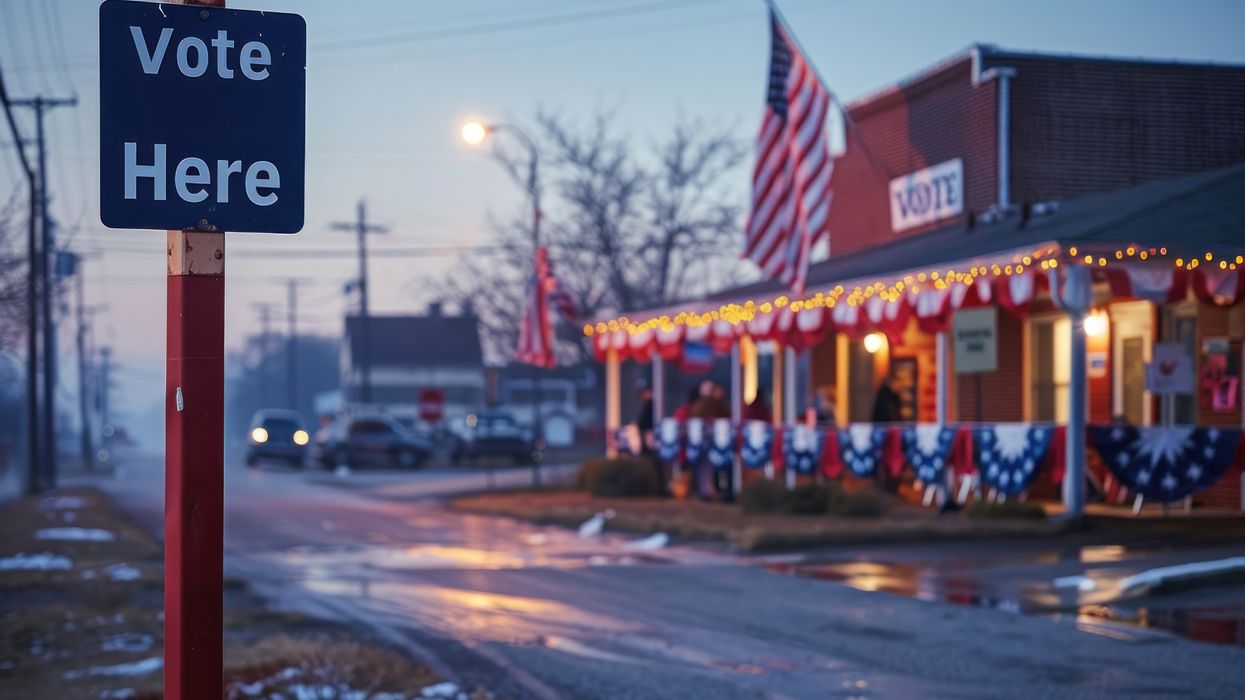Voting rights advocates in Texas are speaking out against a proof-of-citizenship bill before lawmakers.
Senate Bill 16 would require new registrants and some existing registered voters to prove they are U.S. citizens.
Amber Mills, issue advocacy director for the Move Texas Civic Fund, said the requirement would be in addition to what the state already does to check someone's eligibility.
"When you're completing a voter form, you do also have to submit either your driver's license number or your Social Security number," Mills pointed out. "That's really important because that is how the state verifies who you are, and that's a key indicator that they use to protect their databases on the back end."
Even if you were born in the U.S., the bill could require you to show proof of citizenship with a passport or birth certificate matching your current name. According to the Secure Democracy Foundation, more than 38% percent of rural and small-town Texans do not have a passport.
Anyone who cannot prove citizenship would be placed on a separate voter roll and could only cast ballots in the U.S. House and Senate races.
Emily French, policy director for the advocacy group Common Cause Texas, said the additional barriers could prevent many residents from casting their votes in local, state and presidential races.
"All the DPS systems, all the immigration systems which say that they are citizens, but there can still be mistakes that mark them as noncitizens and could throw them off the voter rolls until they come in with these documents that they don't have," French explained.
The bill directs the Texas Secretary of State's Office to check all registered voters' status by the end of the year and send the names of registered voters who have not proven their citizenship before September 2025 to county elections offices.
Mills noted if you are flagged, there is no online system to comply with the request and all paperwork must be submitted in person.
"We are not disputing the goal of having only eligible citizens on the voter rolls, but we know that Texas already has strong systems in place," Mills emphasized. "It's ultimately the state's responsibility, the county's responsibility to do these voter roll checks, but what SB 16 would do is not change any of that, not improve any of that. It would just add an additional burden."
Proposed Proof-of-Citizenship Bill Could Impact All Registered Voters in Texas was originally published by the Public News Service and is republished with permission.
Freda Ross is a producer at the Public News Service, with more than 40 years of experience in radio broadcasting, reporting and journalism.




















Trump & Hegseth gave Mark Kelly a huge 2028 gift